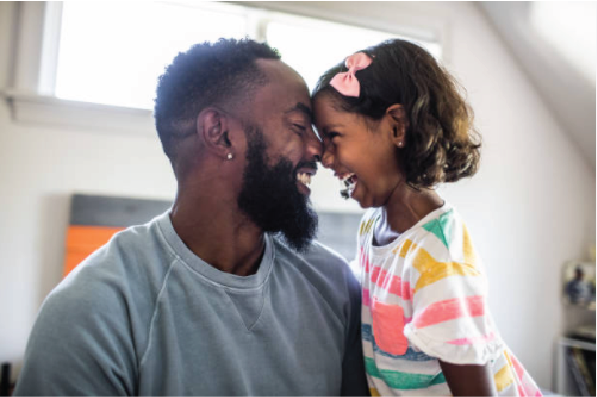Elsewhere in our blog, there’s an article explaining which ABO blood groups are the most rare blood types in the population. Human biology is complex, though, and there are actually hundreds of red cell blood antigens besides ABO and the Rh type (also known as Rh factor, which makes your blood type Rh-positive [Rh+] or Rh-negative [Rh-]).
That means there are more ways you can have a rare blood type. Blood types can be rare because they are missing a blood antigen that 99% of the population has. People can also develop rarer blood – i.e., harder to find a match for – because they may develop antibodies after receiving blood transfusions or induced by pregnancy.
Approximately 345 different blood antigens – yes, you read that right, 345 – have been identified. And scientists are still identifying a few new antigens every year, said Dolores Figueroa, Immunohematology Reference Laboratories (IRL) systems specialist at Vitalant.
For most of us, knowing our ABO blood group and Rh type is enough. But for people born with super rare blood types, and the 3-4% of people who develop antibodies, finding a blood donor with the exact matching blood type can be a matter of life or death. The Vitalant IRL helps find donor blood products that match.
Genetic differences in blood antigens
Blood group antigens are determined by your genes, and how frequently they occur varies in different populations, usually based on race.
Some antigens are present in 99% of the population. If you lack one of those, you are extra rare. Finding compatible blood for the 1% of people who don’t have a “high prevalence” antigen or antigens is extremely difficult.
For example, a very small number of people of Pacific Island descent lack an antigen called Jk3 that most people have. Their blood is so rare that a compatible blood donor may only be found in a place where most native Pacific Islanders live, such as Hawaii. Even in Hawaii, only .01% of people have that blood type.
The rarest blood type of all is Rh null – a blood type that has zero Rh blood group antigens. Less than 50 people in the world who have this type are said to have “golden blood” because of its scarcity.
Blood antigens resulting from frequent transfusions
You may not be born with a rare blood group, but your blood can become harder to match if you receive frequent transfusions (women may also develop new antibodies through pregnancy). Diseases such as sickle cell and beta thalassemia are inherited, chronic diseases where patients may require frequent blood transfusions as part of their treatment.
Sickle cell patients may need a blood transfusion every time they have an episode and can require 4 to 10 units of blood in what is called an exchange transfusion, said Figueroa. For some of these patients, if the blood used for transfusion is not a close antigen match, every time, this can cause problems.
“Your body recognizes when strange things are coming into it and when this happens frequently, it says, ‘you do not belong to me, I don’t like you and I need to do something with you,’” said Figueroa. “In the case of blood transfusion, your body destroys an intruder by creating antibodies against it.”
This “fight mechanism” can cause mild to severe reactions – from itching to chills, fever or organ damage including kidney failure. Repeat transfusions, which many sickle cell patients require, can start a vicious cycle of adding new antibodies to your blood.
“When your blood creates those antibodies, we need to find blood for you that instead of being matched on one factor, is matched on six factors, for example,” said Figueroa.
Why the diversity of the blood supply is so important
.png?lang=en-US)
While the information above may seem daunting, the good news is blood donors can help rectify the situation. The more blood donations we get from all races, the better, to ensure that the blood supply is as diverse as the patients who need blood.
The majority of the current blood donor pool is Caucasian, and most sickle cell patients are Black or Hispanic, which increases their chances of developing antibodies from repeat transfusions. People of the same race have very similar blood types, so sickle cell patients would benefit from having more Black and Hispanic blood donors.
That’s why we ask those probing questions on our donor screening questionnaire, explained Figueroa. It’s not to exclude people, but to search for certain markers and target the screening process to identify those donors with rare blood types.
It also keeps us from wasting resources: Instead of screening 100 units of blood to find two compatible units, said Figueroa, we can go right to the pool of donors most likely to be compatible.
“That’s the reason blood centers screen donors for common antigens, to try to have that type available. That is exactly why the diversity of the blood supply is so important.”
Your help is always needed
We can’t say it enough – for patients who need blood, the rarest type is the one that’s not available. You can help by donating blood, spreading the word about the need for blood donors of all races, or hosting a blood drive in your community.
Published by: Taitia S. — Vitalant Contributor

